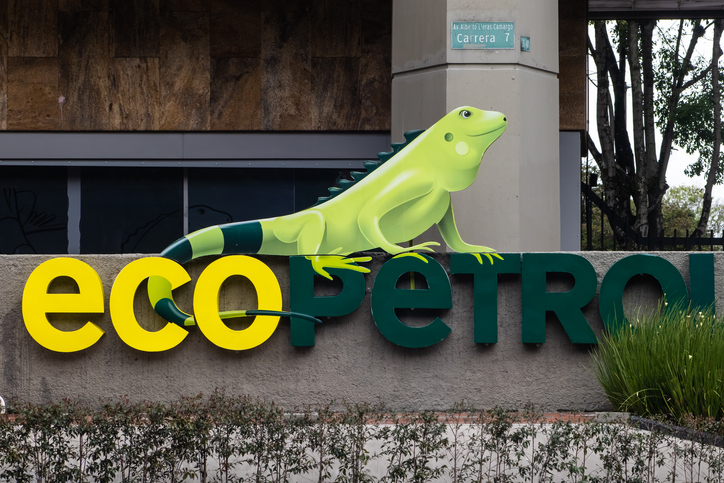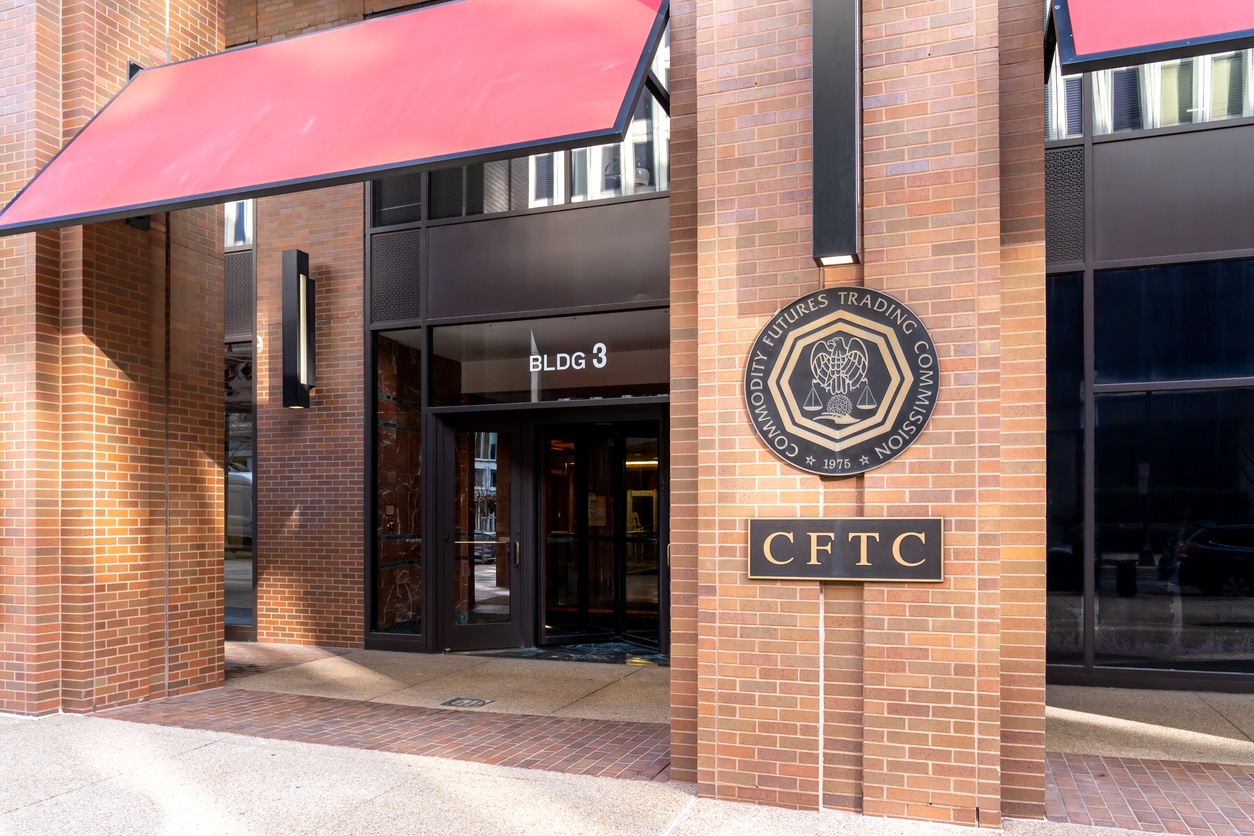ESG Greenwashing and the SEC Whistleblower Program
The Securities and Exchange Commission (SEC) has been more focused on ESG disclosures and operating practices in recent years. They've pursued enforcement actions against a number of companies engaged in ESG greenwashing, when they are considered a violation of securities laws.
May 14, 2025

This information is provided for educational purposes only by Kohn, Kohn & Colapinto and does not constitute legal advice. No attorney-client relationship is created by accessing this content. Laws and regulations may change, and this material may not reflect the most current legal developments. If you believe you have a whistleblower claim, consult a qualified attorney to discuss your specific circumstances.
The Securities and Exchange Commission (SEC), the U.S. government oversight agency who regulates the securities market, has been more focused on ESG disclosures and operating practices in recent years. They have in fact pursued enforcement actions against companies who engage in ESG greenwashing, when they are considered a violation of securities laws.
For example, the SEC settled an enforcement action with BNY Mellon Investment for misstatements and omissions related to ESG considerations. In another case, the SEC charged Vale S.A., a Brazilian mining company, with misleading investors about safety, which led to a deadly dam collapse in 2019 that killed 270 people and caused severe environmental harm.
Whistleblowers play a vital role in exposing ESG greenwashing, as they can reveal information about unethical or illegal practices within organizations, and most instances save lives. If you are a whistleblower who has information about ESG violations, it’s advised you speak with a securities fraud whistleblower attorney to help you determine whether you have a case.
Under the Dodd-Frank Act and SEC Whistleblower Program, qualified whistleblowers may also be eligible for protection, as well as rewards ranging between 15 and 30 percent of what the commission recovers from each sanction.
Allison Herren Lee, Former SEC Chair, Strengthens Kohn, Kohn & Colapinto’s Crusade Against ESG Greenwashing
Our company is at the forefront of advocating for whistleblowers who expose information about Environmental, Social, and Governance (ESG) violations or financial deceptions that put investors in jeopardy. Allison Herren Lee, former acting chair and commissioner of the SEC, currently serves as Of Counsel at Kohn, Kohn & Colapinto and spearheads our ESG whistleblower practice. She is committed to safeguarding and supporting whistleblowers while assisting them in pursuing rewards under the Dodd-Frank Act and SEC Whistleblower Program. If you are an ESG whistleblower looking to report an issue, get in touch with our legal team today for a confidential consultation with Allison Lee.
“I am pleased to support today’s proposal to bring greater transparency and accountability to sustainable investing. There has been explosive growth in investor interest and demand around such investments, both domestically and internationally. With that increasing demand comes increasing need for consistent, comparable, and reliable information – information to help protect investors from “greenwashing,” or exaggerated or false claims about ESG practices. Greenwashing can mislead investors as to the true risks, rewards, and pricing of investment assets”
It’s Not Easy Being Green:
Bringing Transparency and Accountability to Sustainable Investing
Statement by Allison as SEC Commissioner, May 25, 2022
Read Full Statement
What is ESG Greenwashing?
ESG greenwashing is the practice where companies or investment products overstate, exaggerate, or misrepresent their commitment to environmental, social, and governance (ESG) factors to attract investors or improve their public image.
ESG greenwashing is a deceptive marketing strategy that projects a false impression of a company’s ESG performance, which gives investors and stakeholders the impression that the company is more sustainable and responsible than it actually is.
Given the slow speed in which new proposed ESG rules are made law, investors must do their due diligence to determine whether companies are actually doing what they say they are doing – or just misleading them with deceptive marketing and public relations tactics.
In March of 2022, the SEC made climate-related disclosures mandatory for public companies. They also proposed several new rules, which would require companies, funds, and advisors to share their ESG strategies with investors. This would make it more difficult for companies to engage in greenwashing.
Read More
SEC Rules to Regulate ESG Disclosures
Types of Greenwashing
ESG fraud, or “greenwashing,” can take many forms. Here are some common examples:
Exaggerated or False Claims
- Overstating environmental impact: Companies may claim to have achieved significant carbon reductions or implemented renewable energy projects that are not as substantial as advertised.
- Fabricating social impact: Businesses might exaggerate their charitable contributions or diversity and inclusion initiatives.
- Misleading governance practices: Companies may claim to have strong governance structures or ethical practices that are not actually in place.
Misleading Labeling
- Greenwashing: Companies may use misleading labels or marketing terms to imply that their products or services are environmentally friendly when they are not.
- Bluewashing: Similar to greenwashing, this term refers to companies making false claims about their water conservation efforts.
- Pinkwashing: This involves companies making exaggerated claims about their support for LGBTQ+ rights or women’s empowerment.
Data Manipulation
- Incorrect reporting: Companies may report inaccurate or misleading data on their ESG performance, such as emissions levels or waste reduction.
- Selective disclosure: Companies may only disclose positive ESG metrics while omitting negative ones.
Carbon Offset Fraud
- Fake offsets: Companies may purchase carbon offsets that do not represent genuine emissions reductions.
- Double counting: Companies may claim credit for the same emissions reductions from multiple sources.
Supply Chain Fraud
- Child labor: Companies may claim to have ethical supply chains while sourcing materials from suppliers that use child labor.
- Forced labor: Companies may turn a blind eye to forced labor practices in their supply chains.
It’s important to note that ESG fraud can have severe consequences for companies, including reputational damage, financial penalties, and legal action. Therefore, it is crucial for businesses to implement robust ESG reporting and verification processes to ensure the accuracy and transparency of their claims.
Examples of ESG Greenwashing
Take British Petroleum (BP) for example. In 2000, BP branding themselves as a company that is “Beyond Petroleum,” with a new logo in colorful green and yellow colors, symbolizing their future focus on sustainability. They positioned themselves as a renewable energy leader.
However, critics have argued that their investment in sustainable energy products is quite small compared to their oil and gas exploration and production projects.
A decade later, the perception of greenwashing was further exacerbated by the Deepwater Horizon oil spill – the largest environmental disaster in U.S. history, which killed 11 people and released millions of barrels of oil into the Gulf of Mexico.
Other Examples
In 2022, the SEC charged Goldman Sachs with failing to correctly incorporate ESG research into investment procedures and branding. According to the SEC, “the company failed to have any written policies and procedures for ESG research in one product, and once policies and procedures were established, it failed to follow them consistently prior to February 2020.”
In 2020, the SEC charged the promoter of a purported eco-friendly desalination plant investment with defrauding investors. According to the SEC, the promoter “misled investors as to the viability of his desalination process, falsely assuring them that the technology had years of proven operational history.”
In 2018, the SEC charged Enviro Board for engaging in a fraudulent and unregistered securities offering related to its proprietary mill technology, which recycled agricultural waste fiber into low-cost, environmentally-friendly building materials.” According to the SEC, “Enviro Board consistently failed to successfully commercialize its technology, and the company raised funds through misleading financial projections and other misrepresentations about the status of its commercialization efforts.”
What is the SEC Whistleblower Program?
The SEC Whistleblower Program was established by the SEC as part of the Dodd-Frank Wall Street Reform and Consumer Protection Act of 2010. This program incentivizes individuals to come forward with information of potential securities fraud.
Those with concerns of ESG greenwashing that is in clear violation of the securities law, may be eligible to receive a reward for their information. Qualified whistleblowers may be eligible to receive a reward for their information, between 15 and 30 percent of the monies collected in a successful enforcement action (or actions).
To avoid retaliation, whistleblowers should keep their concerns to themselves, collect evidence, such as documents, emails, or relevant material pointing to their company’s misleading ESG claims. With this information, they should contact a whistleblower attorney, who can help them anonymously file their claim, and file for rewards.
Learn More
Reporting ESG Violations Under the Dodd-Frank Act and SEC Whistleblower Program



